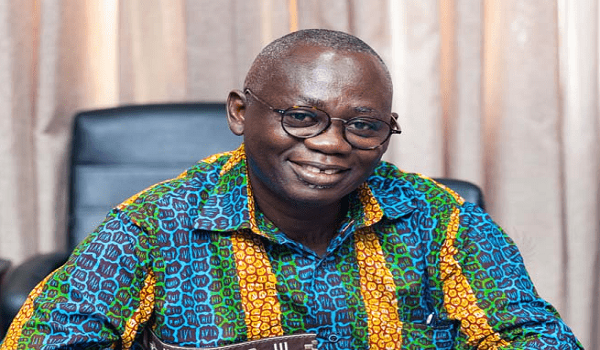Effective 2020-2021 academic year, Primary Schools will begin using a new curriculum which has been introduced by the Ghana Education Service (GES).
The new curriculum, for Kindergarten to Primary Six according to the GES is one of the educational reforms that will empower the pupils to enable them compete with their compatriots worldwide.
Subjects for Kindergarten (KG) pupils have been reduced from seven to four which are integrated into themes for easy comprehension.
The themes for KG are Numeracy, Literacy, Creative Arts and Our World, Our People (citizenship).
There is, however, no change in the number of subjects at the primary level.
Under the new curriculum, the following important features must be noted;
1. At KG, the number of learning areas is to be reduced from seven (7) to four (4) which are integrated into themes. However these will be treated with more depth.
2. At Lower and Upper Primary, the number of subjects remains the same. However, there will be fewer concepts and more in-depth treatment of concept in each subject. Further, there is greater emphasis on literacy and numeracy.
3. Introduction of standards-based curriculum. This means that at every stage in school, a student is expected to demonstrate an understanding and mastery of knowledge and skills that they are expected to learn as they progress through their education.
4. There will be national assessments at P2, P4 and P6 to ensure that children’s performance is being tracked.
5. History of Ghana will be compulsory for each child from P1 to P6.
6. RME will be a standalone subject.
7. PE will be a standalone subject and will be taught practically
8. French will be introduced at Upper Primary
Plan for Nationwide Implementation
1. Training a core of 150 master trainers nationwide on the new curriculum.
2. The master trainers will in turn train 3,900 district and regional trainers.
3. About 152,000 KG and primary school teachers will be trained across the country by the master, regional and district trainers.
4. There will be continuous professional development through the setting up of learning communities for teachers to enable them share ideas and experiences.
5 Community engagement (School Management Committees (SMCs), School Performance Appraisal Meetings (SPAM), PTA), supply of curriculum documents to schools, supply of textbooks, relevant teaching learning resources, monitoring and evaluation.
See details below
 Loading...
Loading...
 Loading...
Loading...
RELIGIOUS-AND-MORAL-EDUCATION-B1-B6
By: Kekeli Kuatsenu/awakenewsonline.com








